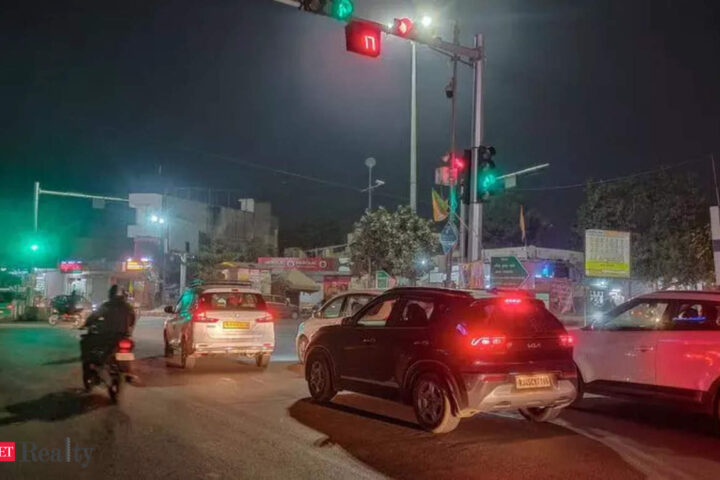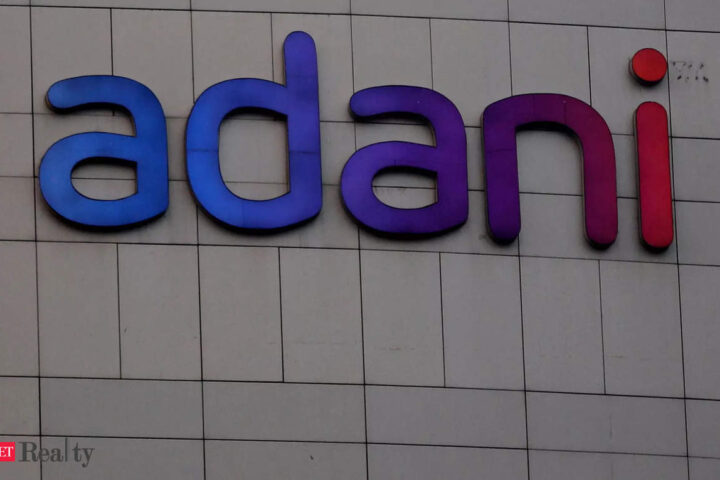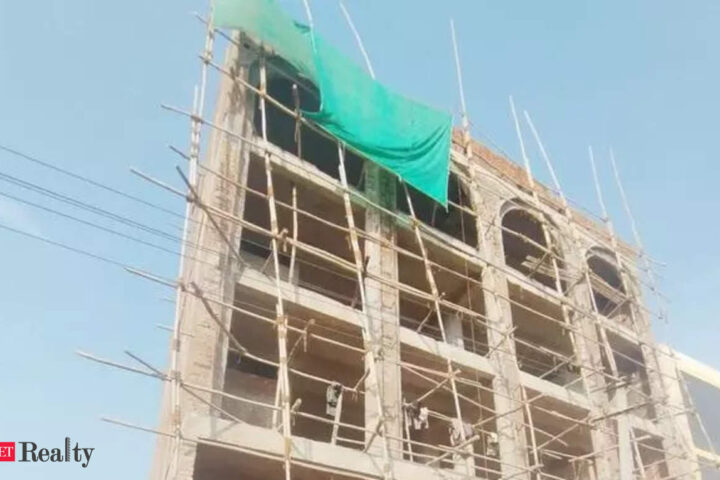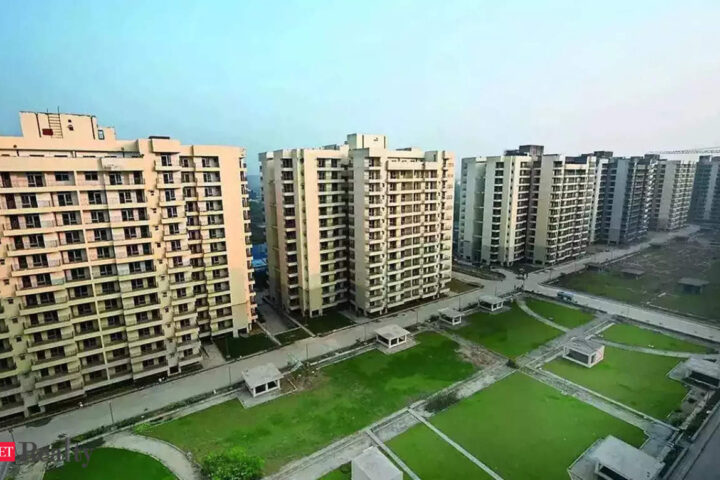
MUMBAI: A businessman who recently stitched a deal to sell his spacious flat in a luxury tower in south Mumbai was in for a rude shock.
The housing society insisted on a share of the sale amount for its NOC to transfer the flat in the name of the new owner. In another south Mumbai building, a seller paid the society Rs 28 lakh for a 2,850sqft flat, reports Nauzer K Bharucha.
Sources said the so-called donations could be 2% of the transaction value in areas like Lower Parel, Worli and Prabhadevi. “It is a flat rate per sqft, which works out to 2% based on current market rates,” said a source. For a 2 BHK, that is about Rs 10 lakh and goes up to 15 lakh for a 3 BHK. Some buildings in central Mumbai are also believed to demand Rs 1,200/sqft (on saleable) from the seller.
Such ‘transfer fees’, which are widespread across the city, are generally collected as ‘voluntary donations’ because the law does not permit a society to charge more than Rs 25,000 for an apartment’s transfer. In Cuffe Parade, Nariman Point and Pedder Road areas, the ‘voluntary donations’ are much higher. This money goes into the society’s infrastructure fund.
“Transfer fees, which are demanded or collected as a donation from the seller (outgoing member), are nothing short of ‘arm-twisting’ to extract money to add to the society or developer’s corpus. While legally, the transfer fees remain at Rs 25,000, it is almost an unfair practice, especially when the cooperative housing society is already flush with funds,” said Chetan D Narain, president and CEO, Narains Luxury Properties India.
“We recently sold something in a premium building at Cuffe Parade and 2% had to be paid. While as a practice, it is usually shared between the buyer and the seller, ‘legally’, only the seller is eligible to pay it as a donation since he’s a member and not the buyer until registration is completed,” he added.
This practice is common not just in premium or luxury properties, but across all locations and segments.
Narain agreed that this is a “great opportunity” for many societies to generate income to manage and maintain their buildings. “But in cases where the occupants and societies are already super rich, it does come across as unfair and as a burden on both the buyer and the seller,” he said.
Property market experts said that societies charge a higher amount because maintenance costs, like salaries of employees, electricity and security charges, keep increasing, and members do not like to or are unable to make higher payments.
“So, when there is a transfer, the seller is mentally prepared to pay a substantial amount to the society as part of a much bigger transaction. However, since there is a restriction, many societies ask for the payment to be classified not as a ‘transfer fee’ but as a ‘voluntary contribution’ or as a ‘donation’,” said advocate Anil Harish, who specialises in property law.
“If a person resists payment, the society usually does give its NOC or delays it, or otherwise creates difficulties. If a transfer fee is 2%, 3% or 4%, a delay of a few months means the seller completes his transaction late. To avoid such inconvenience and loss of interest for a few months, many people choose to pay. The buyer also usually does not want to antagonise the people in the building into which he is going to move, so he pays,” said Harish.
There have been cases where the parties pay the amount and then challenge the payment because they were compelled to do so. “In most cases, the registrar or the authorities will hold that the payment was excessive and the housing society would be called upon to refund the amount,” said Harish.
Another issue is income tax. The legal expert said a society will often claim that the amount is exempt from income tax on the grounds that it is covered by the principle of “mutuality”. Courts over the decades have accepted the principle that when an organisation exists primarily for the mutual help or benefit of its members, and not primarily for making profits, then it is a “mutual association”. And the income received by it from its members is not liable to be taxed as it is merely going from one pocket to another.
“Time and again, societies have demanded lakhs of rupees despite the clear-cut court verdicts,” said advocate Vinod Sampat. “Societies should refrain from minting money from the members purchasing the flat and/or subletting the flat. If it wants to raise funds, it has every right to collect money from all the members by approaching the general body and passing resolutions to recover higher amounts,” he said.














